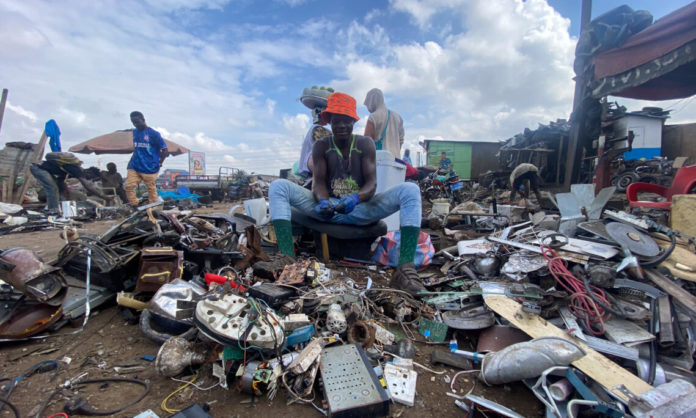The Ashanti Regional Health Directorate, in partnership with UNICEF, has launched the 2024 Lead Poisoning Prevention Week, focusing on the significant health risks of lead exposure.
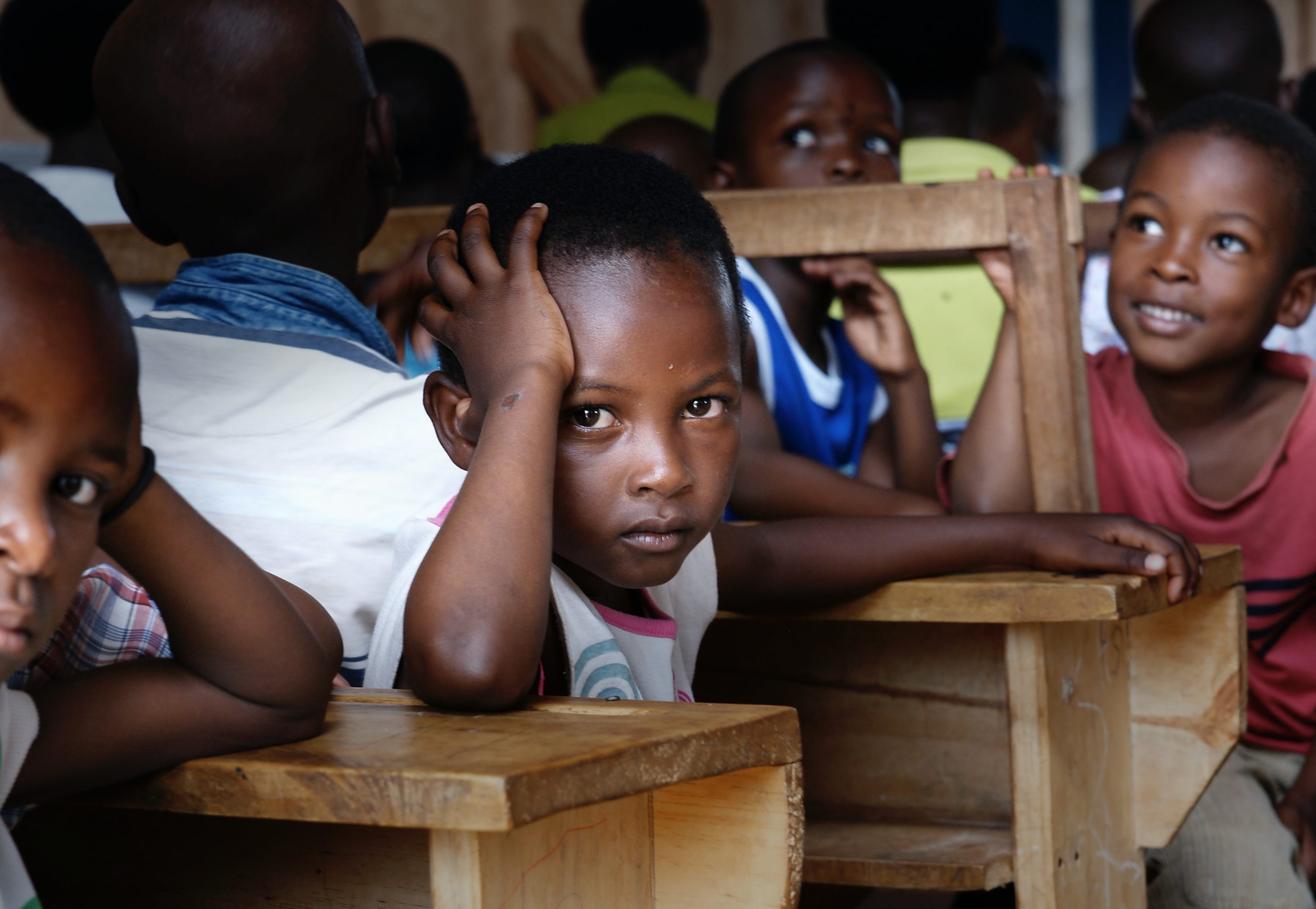
The campaign, themed “Bright Future Begins Lead-Free,” seeks to raise awareness of lead’s harmful effects, particularly in children, and calls for accelerated efforts to eliminate lead-based products like paint.
Running from 20th to 26th October 2024, the event draws attention to the ongoing concern of lead exposure. Despite global recognition of the dangers, children, especially in developing countries, continue to face significant health risks.
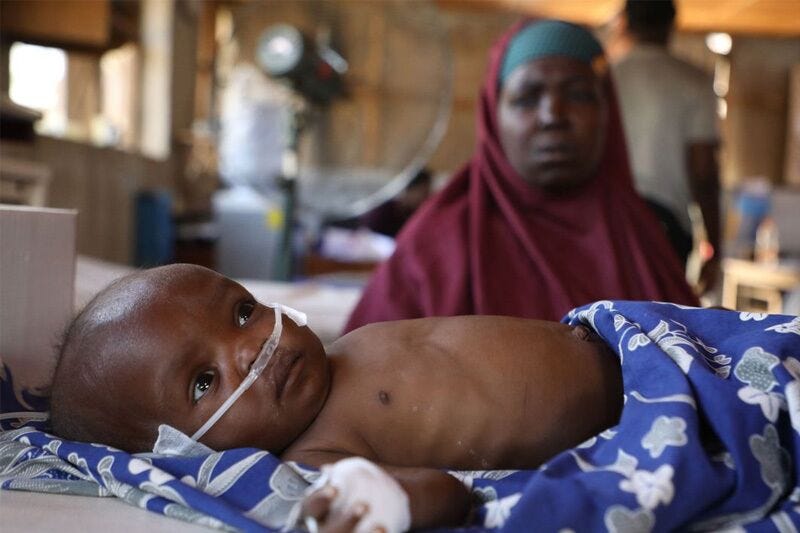
According to UNICEF Ghana, “about 1.7 million children in the country are estimated to have blood lead levels above 5 micrograms per deciliter,” a threshold of concern for public health experts.
Dr. Fred Adomako Boateng, the Ashanti Regional Health Director, emphasized the need for urgent action during his speech at the launch.
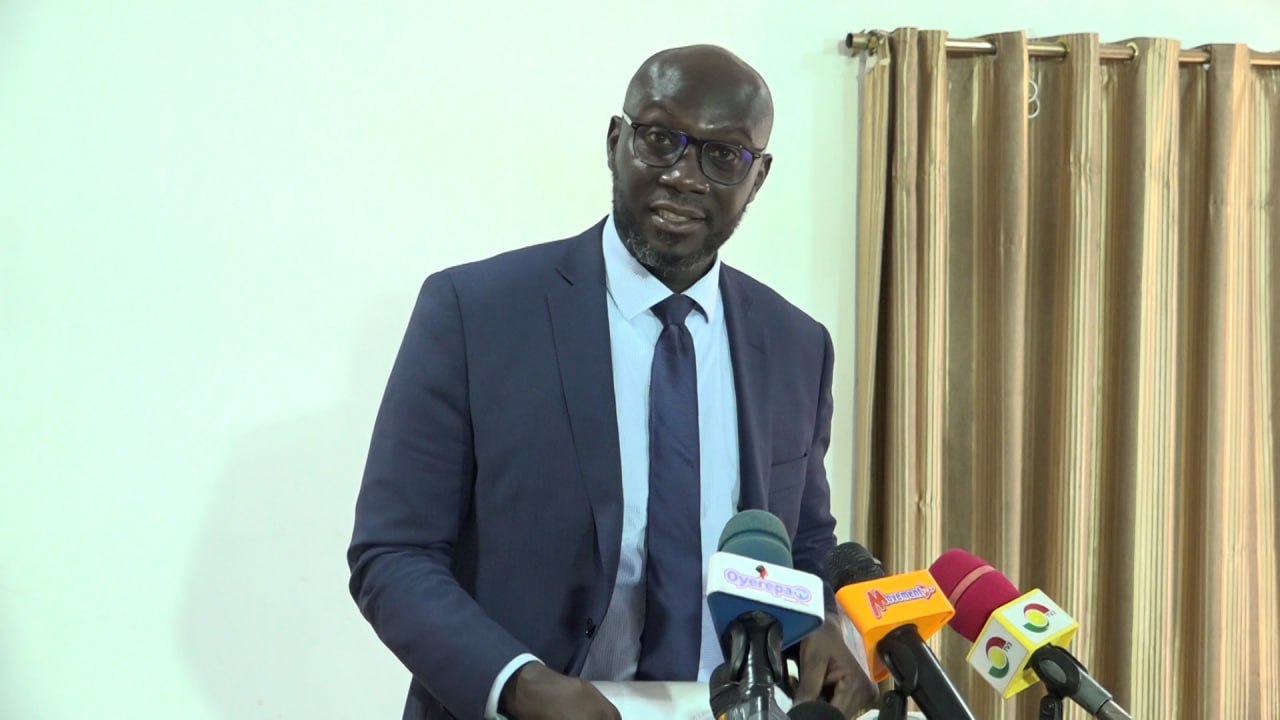
He stated, “The focus of this year’s campaign, ‘Bright Futures Begin Lead-Free,’ reminds governments, civil society organizations, health partners, industry, and others of the unacceptable risks of lead exposure and the need for action to protect children’s health.”
He further highlighted that children are particularly vulnerable, as they absorb four to five times more lead than adults.
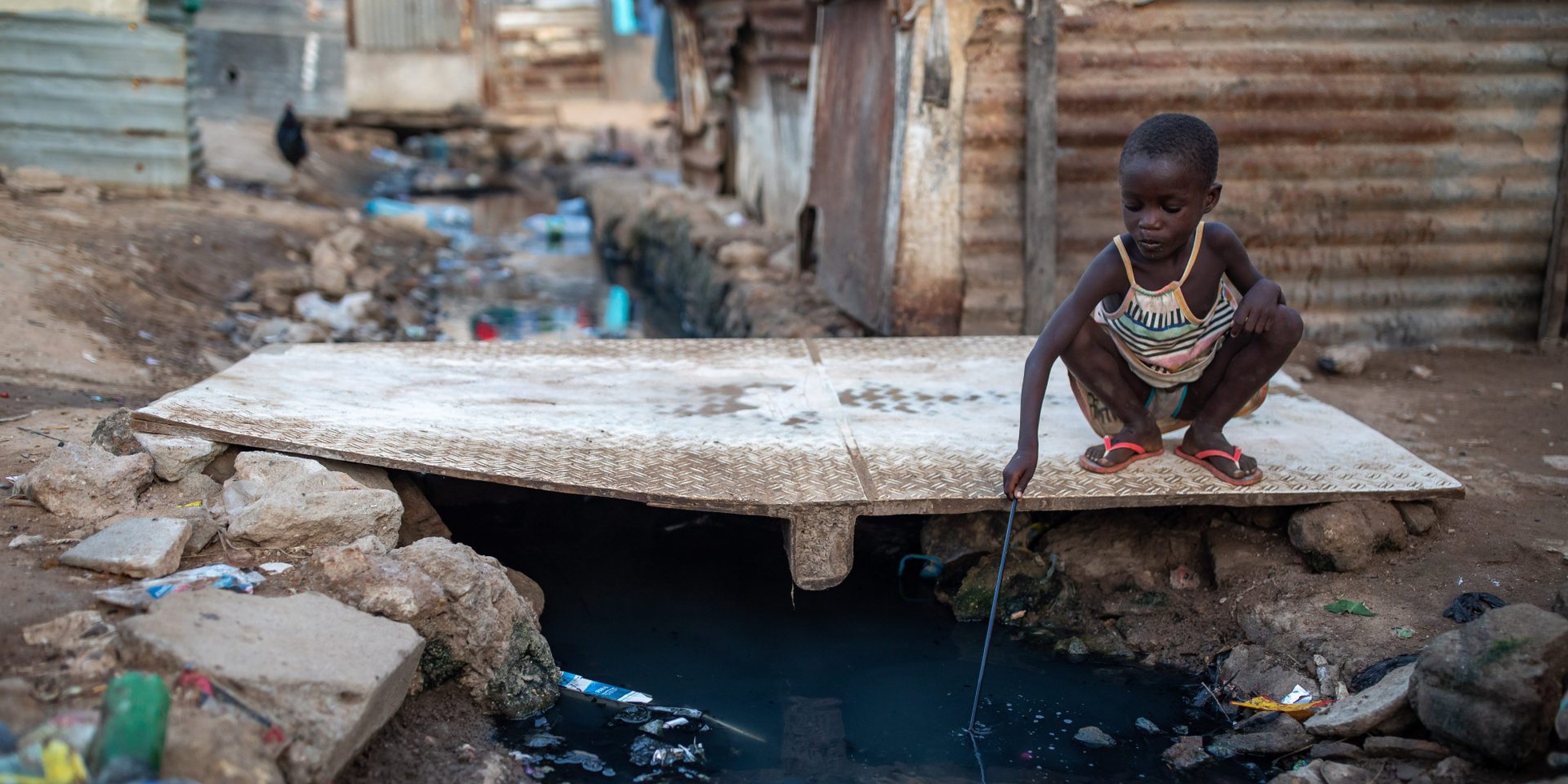
“Pregnant women, infants, and young children are especially sensitive to the harmful effects of lead. Lead poisoning can cause serious health problems, particularly for children under six years old,” Dr. Boateng stressed.
He advised parents to ensure their children avoid contact with lead-based items such as old toys, electronic waste, and used lead-acid batteries.
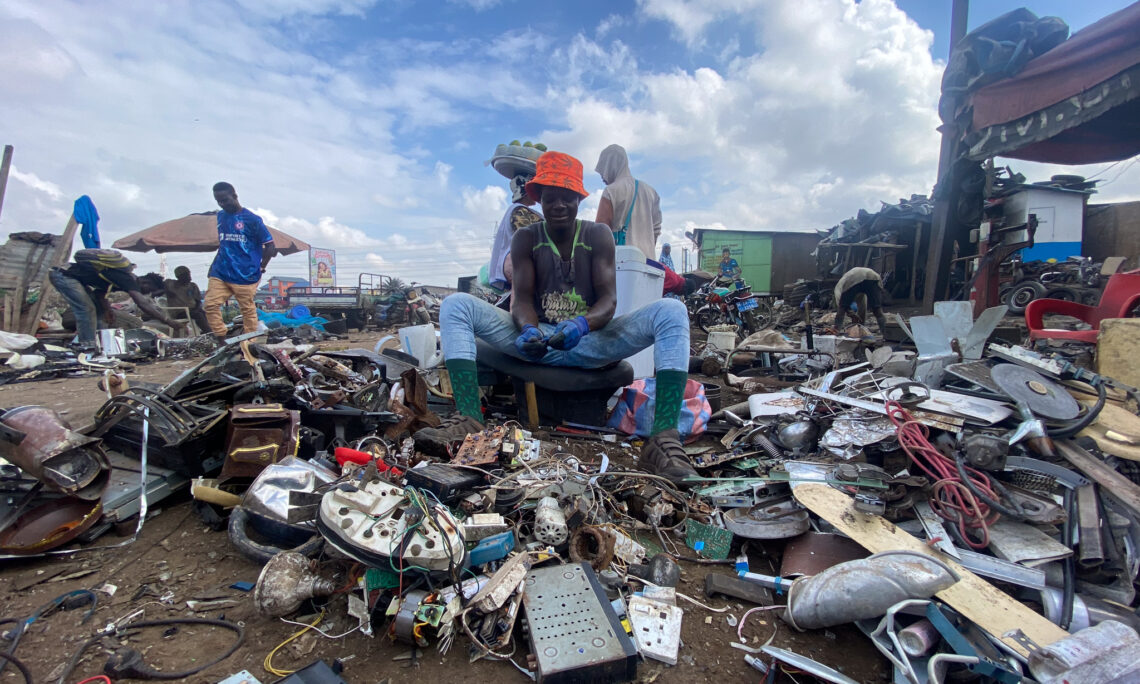
The threat of lead poisoning in Ghana is exacerbated by the presence of e-waste sites, used lead-acid battery recycling facilities, and mining activities, all of which contribute to elevated lead levels in soil and, consequently, in children’s blood.
In response, UNICEF Ghana is actively supporting the Ashanti Regional Health Directorate in its efforts to combat this issue.
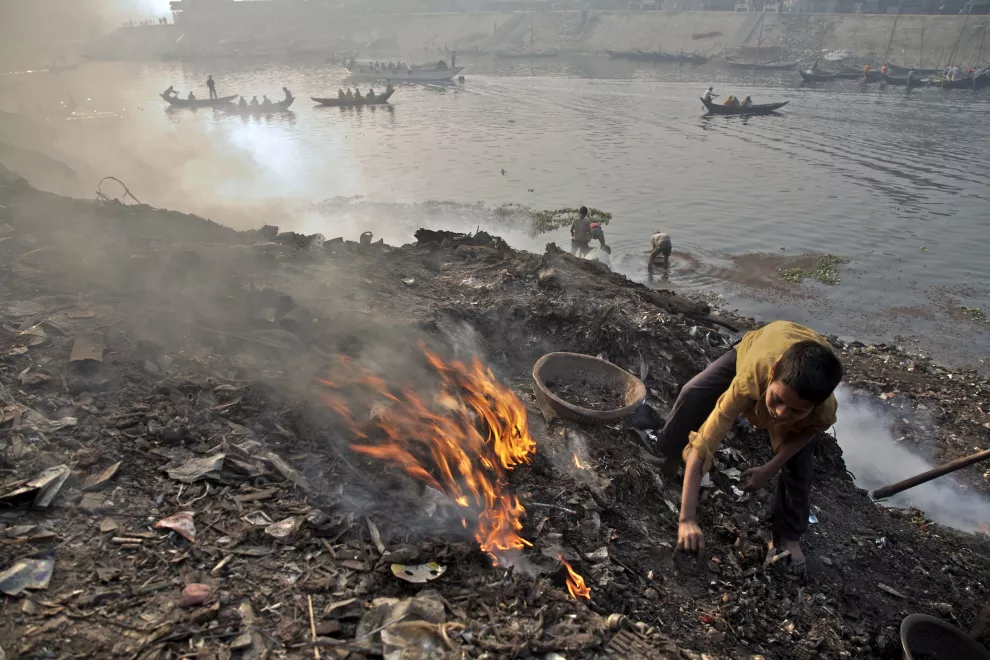
They have trained clinicians, health promotion officers, midwives, community health nurses, environmental officers, and District SHEP Coordinators to educate the public on the harmful effects of lead and mercury.
The training ensures that communities are better informed about how to reduce their exposure to heavy metals.
Dr. Boateng also encouraged people to consume foods rich in iron, calcium, and vitamin C, which help protect against lead poisoning. “Healthy foods high in these nutrients can play a crucial role in preventing lead absorption,” he said.
As the week progresses, stakeholders across health, education, and civil society are expected to collaborate further in efforts to safeguard the health of Ghana’s children and secure a lead-free future.
Nana Yaw Owusu/Ashanti Region.


